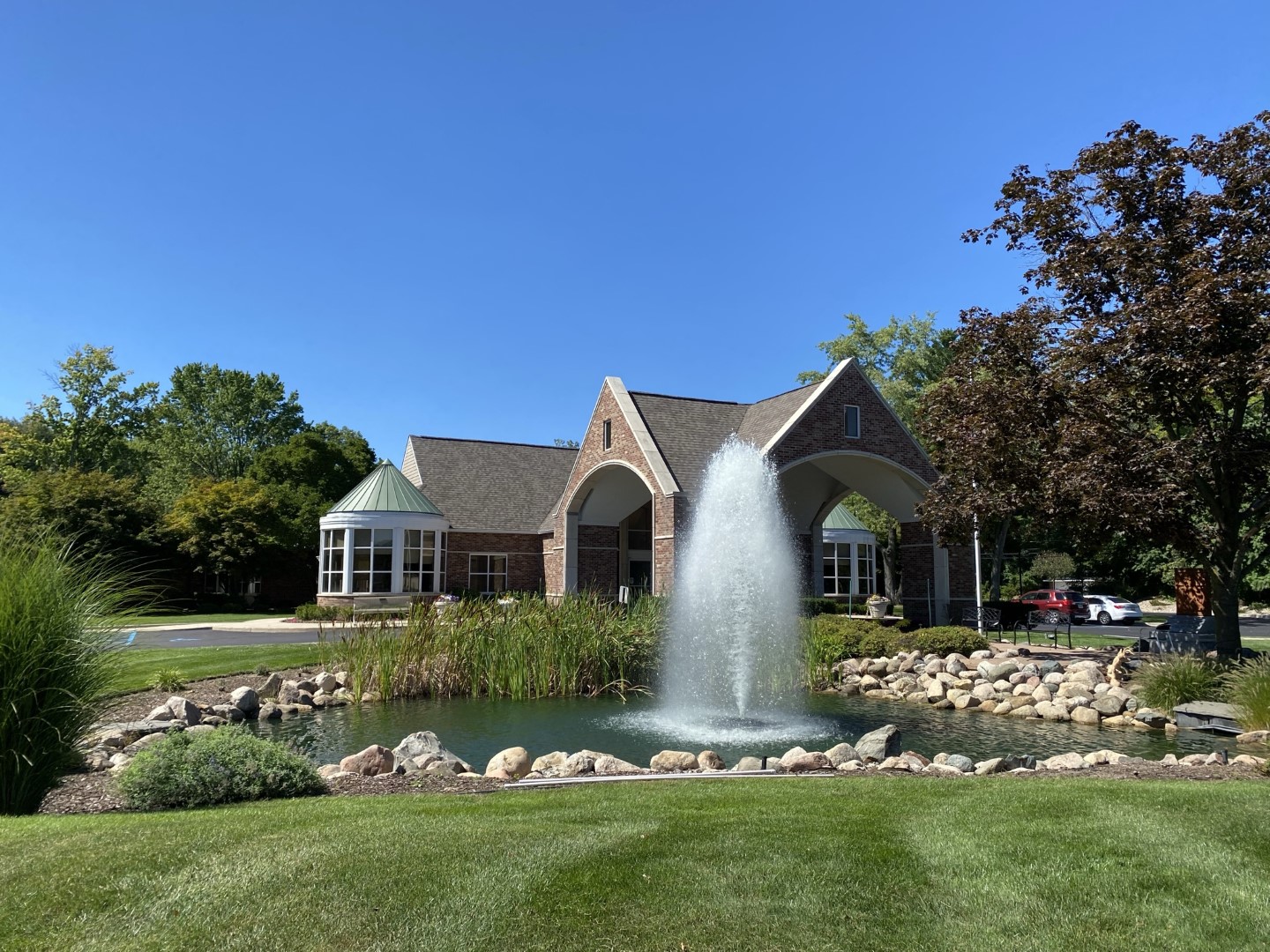Depression is a common problem among seniors living in assisted living facilities. It can lead to feelings of sadness, hopelessness, and loss of interest in activities that were once enjoyable. Depression can also affect physical health by causing fatigue, difficulty sleeping, and changes in appetite. Preventing depression is crucial for seniors’ overall well-being and can be achieved through various strategies.
Causes of Depression Depression can be caused by various factors such as social isolation, boredom, lack of purpose, and chronic health conditions. Seniors living in assisted living facilities may experience social isolation due to a lack of family and friends nearby or difficulty participating in activities due to mobility issues. Boredom and lack of purpose in life can also contribute to depression. Chronic health conditions such as arthritis, heart disease, and diabetes can also increase the risk of depression.
Symptoms of Depression Common symptoms of depression among seniors living in assisted living facilities include sadness, loss of interest in activities, fatigue, and difficulty sleeping. Seniors may also experience physical symptoms such as headaches, digestive problems, and chronic pain. Depression can manifest itself differently in seniors compared to younger adults, making it important to recognize the signs and symptoms.
Prevention Strategies Strategies that can be used to prevent depression among seniors living in assisted living facilities include encouraging social interaction, helping your loved one find a hobby, talking openly, enhancing their environment, encouraging exercise, and advocating for your loved one. Encouraging social interaction is important for seniors’ mental health as it provides opportunities for developing friendships and personal connections. Helping your loved one find a hobby can provide a sense of purpose and fulfillment. Talking openly about feelings and emotions can help seniors process their thoughts and feelings.
Treatment Options Treatment options available for seniors who are struggling with clinical depression include psychotherapy and medication. Psychotherapy involves talking with a mental health professional about thoughts and feelings that may be contributing to depression. Medication may also be prescribed to help manage symptoms of depression.
Benefits of Assisted Living Facilities Seniors who struggle with clinical depression could greatly benefit from staying in an assisted living facility. A care team may conduct further assessments and provide a comprehensive care plan that addresses issues such as socialization, nutrition, personal care, and supervision. Assisted living facilities provide opportunities for social interaction through group activities and events.
Preventing depression among seniors living in assisted living facilities is crucial for their overall well-being. By following the strategies outlined above and seeking professional help when necessary, seniors can lead happier and healthier lives.





